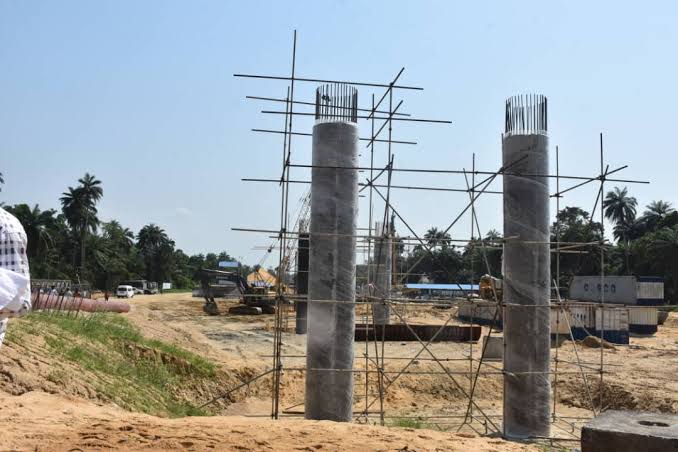By: Goodluck E. Adubazi, Abuja
The President of the Petroleum and Natural Gas Senior Staff Association of Nigeria (PENGASSAN), Comrade Festus Osifo, has warned that Nigeria’s oil and gas industry faces a looming pension crisis, as thousands of retirees continue to suffer under obsolete benefit structures that have not been reviewed for years despite rising inflation and currency devaluation.
Speaking at a one-day summit on “The Future of Pension in the Nigerian Oil and Gas Industry,” held on Thursday, November 13, 2025, at the Transcorp Hilton, Abuja, Comrade Osifo said the event was convened to address mounting concerns surrounding Closed Pension Fund Administrators (CPFAs) and the sustainability of the defined benefit system still operated by several multinational oil companies.
He explained that while the Pension Reform Act of 2004 introduced the Contributory Pension Scheme (CPS), certain companies such as Chevron, TotalEnergies, NNPC, and Mobil were granted exemptions to continue managing their own closed pension funds. However, a subsequent 2014 amendment barred new employees from joining the defined benefit plan, effectively creating what he described as a “two-track system” in the sector.
“Over time, we have realized that there is a significant lacuna in the system,” Osifo said. “People who retired many years ago under the defined benefit scheme have their pensions frozen at the point of retirement. Their benefits have not grown, and this has left many of them impoverished in today’s economic reality.”
The PENGASSAN President lamented that less than 10 percent of companies operating CPFAs review pension payments regularly, while the majority — about 90 percent — leave retirees’ earnings stagnant and dependent on management discretion.
“Imagine a retiree who left service in 2010 earning ₦200,000 monthly. Back then, that could sustain a decent life. Today, that same amount can barely cover basic needs. Inflation and naira devaluation have completely eroded the value of those benefits,” he said.
Osifo further called for stricter oversight from the National Pension Commission (PenCom), especially in monitoring actuarial valuations that determine the financial health of pension funds. He expressed concern that certain assumptions — such as unrealistic life expectancy figures — are sometimes used to mask funding gaps.
“If life expectancy is pegged at 76 years instead of 80, for example, it creates an artificial balance in the books while shortchanging the future of pensioners,” he noted. “PenCom must pay closer attention to these assumptions to ensure the funds are truly adequate to meet long-term obligations.”
Despite his concerns, Osifo praised the integrity and professionalism of PenCom officials, describing the agency as “one of the few public institutions that have maintained discipline and transparency over the years.”
“When PenCom officials visit for oversight, they hardly even accept water, let alone tea,” he remarked. “I pray that they continue to uphold that same standard of integrity for which they are known.”
He said the outcome of the summit would produce a set of resolutions and advocacy strategies to engage both management and regulators across the oil and gas industry, to ensure fair treatment for all retirees.
“By the end of today, we hope to aggregate our positions and present a strong communiqué,” Osifo stated. “We will engage every stakeholder to correct these inequities and secure the future of our pensioners.”













